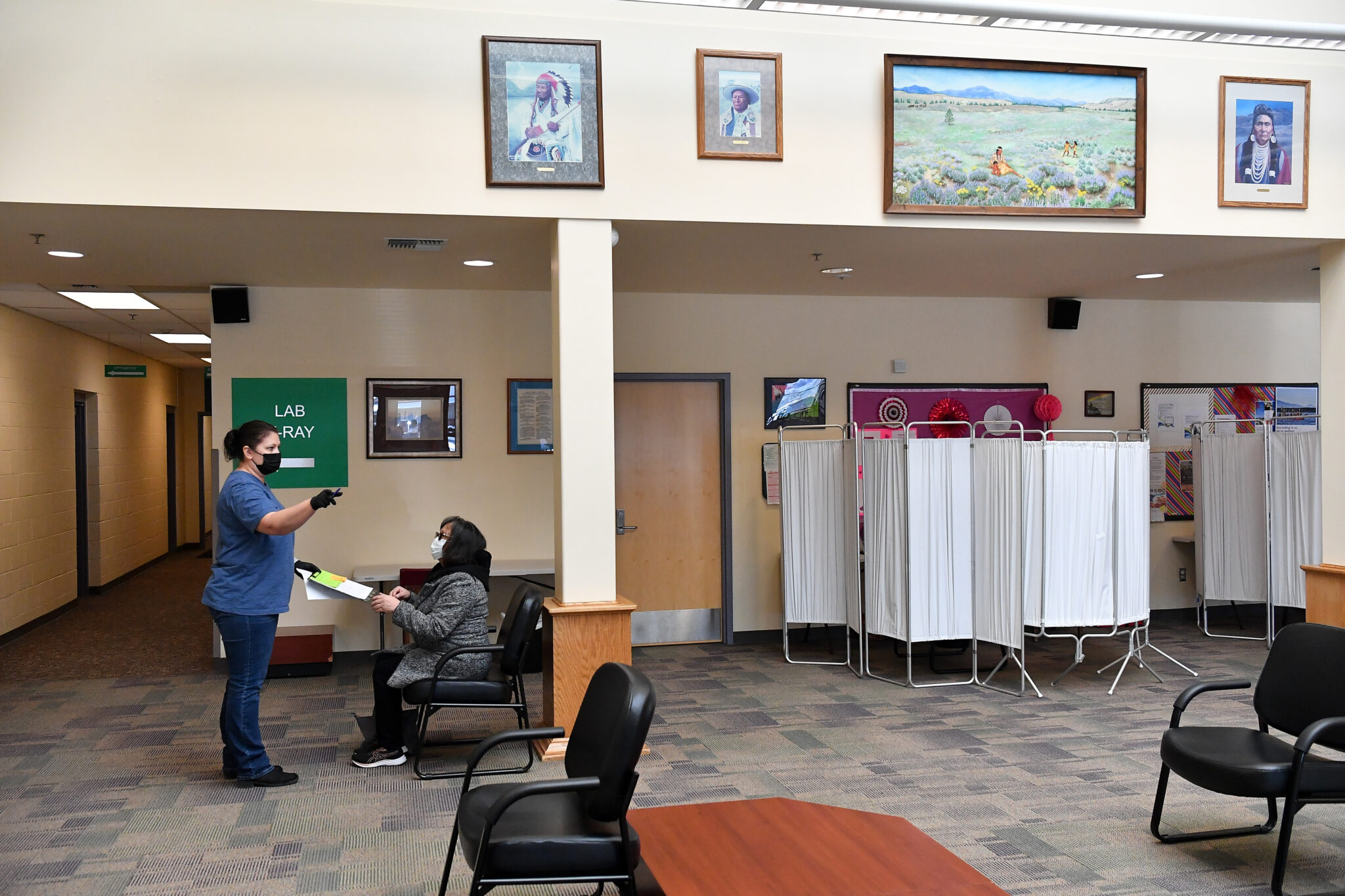Pioneering Neurology: Inside the First US Aerospace Brain Health Program as Astronauts Touchdown
Health
2025-03-19 12:00:00Content

The challenges of space exploration extend far beyond technological hurdles—they deeply impact human physiology in ways we're only beginning to understand. Dr. Michael Antonucci from the Medical University of South Carolina's Aerospace and Human Performance Neurology Program is at the forefront of unraveling these complex medical mysteries.
In a groundbreaking exploration of astronaut health, Dr. Antonucci reveals the profound neurological transformations that occur during extended space missions. Prolonged weightlessness and cosmic radiation exposure don't just challenge astronauts physically, but fundamentally alter brain function and neural connectivity.
"Space is an extraordinary environment that pushes human adaptation to its absolute limits," Dr. Antonucci explains. Astronauts experience significant neurological changes, including shifts in brain fluid dynamics, potential neural pathway modifications, and complex sensory system disruptions.
Key research highlights include how microgravity impacts cognitive performance, balance, and neurological resilience. These insights are crucial not just for space exploration, but for understanding human neurological adaptability in extreme conditions.
As humanity looks toward longer interplanetary missions, understanding these neurological transformations becomes paramount. Dr. Antonucci's work represents a critical bridge between aerospace medicine and our comprehension of human neurological potential.
Cosmic Consequences: Unraveling the Hidden Health Challenges of Space Exploration
In the vast, uncharted territories of human exploration, astronauts push the boundaries of human endurance, facing unprecedented physiological challenges that extend far beyond the immediate risks of space travel. The Medical University of South Carolina's Aerospace and Human Performance Neurology Program stands at the forefront of understanding these complex medical mysteries, revealing the profound impact of extended space missions on human health.Pioneering Research Unveils the Invisible Toll of Zero Gravity Adventures
The Neurological Frontier: Brain Adaptations in Extraterrestrial Environments
The human brain undergoes remarkable transformations during prolonged space missions, challenging our fundamental understanding of neurological adaptation. Researchers have discovered that microgravity environments trigger unprecedented neural plasticity, causing significant changes in brain structure and cognitive processing. Magnetic resonance imaging studies reveal subtle yet profound shifts in neural connectivity, suggesting that the brain essentially rewires itself to cope with the alien conditions of space. Neuroplasticity becomes a survival mechanism, with astronauts' brains developing novel neural pathways to compensate for the absence of gravitational forces. These adaptations manifest in altered sensory perception, balance mechanisms, and cognitive processing, presenting both fascinating scientific insights and potential long-term health implications.Physiological Metamorphosis: The Body's Response to Extraterrestrial Conditions
Space travel transforms human physiology in ways previously unimaginable. Muscle atrophy and bone density loss represent just the tip of the iceberg in understanding bodily changes. Cardiovascular systems undergo radical recalibration, with heart muscles experiencing significant structural modifications to compensate for fluid redistribution in zero-gravity environments. Cellular-level transformations occur rapidly, with genetic expression changing dramatically during extended space missions. Researchers have observed accelerated aging processes, compromised immune responses, and intricate metabolic adaptations that challenge our understanding of human biological resilience.Psychological Dimensions of Isolated Space Exploration
Beyond physical transformations, psychological resilience emerges as a critical factor in successful space missions. Extreme isolation, confined spaces, and the psychological pressure of extraterrestrial environments create unique mental health challenges. Astronauts must develop extraordinary coping mechanisms, balancing emotional stability with cognitive performance under unprecedented stress. Neuropsychological studies reveal complex emotional landscapes, where astronauts experience heightened self-awareness, profound existential reflections, and intricate psychological adaptations. The mental fortitude required transcends traditional understanding of human psychological capabilities.Technological Innovations in Space Medicine
Cutting-edge medical technologies are revolutionizing our approach to space health monitoring. Advanced biosensors, real-time physiological tracking systems, and predictive diagnostic algorithms enable unprecedented insights into human adaptation mechanisms. Artificial intelligence and machine learning algorithms now process vast datasets, identifying subtle health indicators that might escape traditional medical assessments. These technological breakthroughs promise personalized medical interventions, potentially mitigating the long-term health risks associated with space exploration.Future Horizons: Preparing Humanity for Interstellar Challenges
As humanity stands on the precipice of more ambitious space exploration endeavors, understanding and mitigating health risks becomes paramount. The research conducted by institutions like MUSC's Aerospace and Human Performance Neurology Program serves as a critical foundation for future interplanetary missions. Comprehensive medical protocols, advanced protective technologies, and holistic health management strategies are being developed to ensure astronauts can safely navigate the complex physiological challenges of extended space missions. Each discovery brings humanity closer to unlocking the mysteries of human adaptability in the most extreme environments imaginable.RELATED NEWS
Health

Lone Star Outbreak: Texas Battles Surge in Measles Infections, Cases Climb to Alarming 646
2025-04-25 16:55:22
Health

Move Over, Wine: Why Your Next Health Boost Might Be a Chocolate-Tea Combo
2025-02-16 10:00:57
Health

Digital Health Revolution: Patients Reveal How Pharma Can Rebuild Its Public Image
2025-04-01 11:00:00





